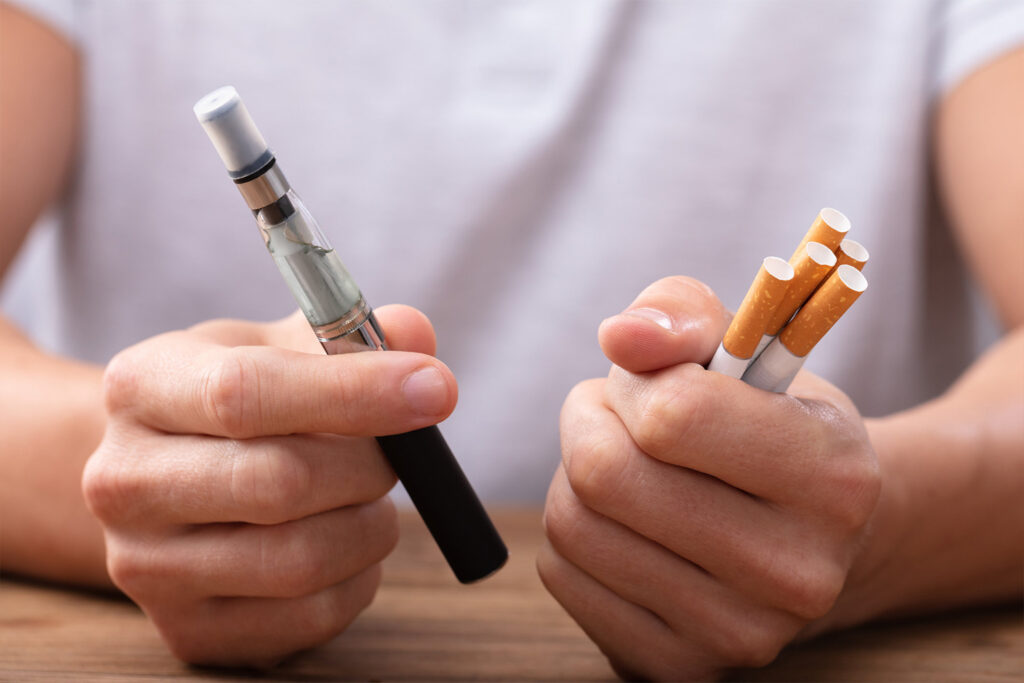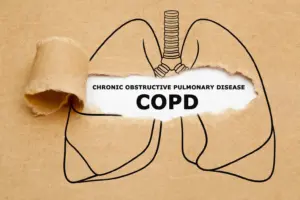
Smoking vs. Vaping Differences: We all know smoking is bad for health. But with the rise of e-cigarettes, a new question has emerged: Is vaping any safer for your lungs? If you’re trying to make a healthier choice or simply want the facts, here’s what you need to know.
Smoking vs. vaping: What’s the difference
Smoking means burning tobacco. It delivers nicotine, tar, and thousands of chemicals, many of which are toxic and cancer-causing. Vaping involves using e-cigarettes or vape pens that heat liquids to create vapour. This vapour usually contains nicotine, propylene glycol, glycerine, flavourings, and other chemicals.
At first glance, vaping may seem cleaner since there’s no smoke or tar. But the picture isn’t that simple.
Also Read | Young vapers three times more likely to start smoking, study finds
How smoking affects the lungs
Smoking causes tar to accumulate in the lungs, clogging tiny air sacs and reducing the ability to breathe. It is the leading cause of chronic obstructive pulmonary disease (COPD), which includes chronic bronchitis, and is also directly linked to lung cancer and a higher risk of pneumonia. The constant inflammation damages lung tissue, leading to scarring and long-term breathing problems.

How vaping affects the lungs
Vaping liquids contain chemicals that, when heated, can produce toxic compounds. Some flavourings include diacetyl, a chemical linked to bronchiolitis obliterans (known as “popcorn lung”), which damages the smallest airways, causing coughs, wheezing, and lasting lung injury. Vaping has also been tied to an EVALI (e-cigarette or vaping product use-associated lung injury), which has led to hospitalisations and deaths.
Smoking or vaping: Which is worst for your lungs
| Effect on Lungs | Smoking | Vaping |
| Tar & ash | Yes | No |
| Nicotine | Yes (High levels) | Yes (Varies) |
| Cancer risk | Very high | Unknown |
| Lung irritation | Yes | Yes |
| Inflammation | Yes | Yes |
| Long-term data | Available | Still limited |
| Linked deaths | Yes (Millions globally) | Yes (EVALI cases reported) |
So, should you vape or smoke?
While vaping may expose you to fewer toxins than traditional smoking, it is not safe and not risk-free. If you’re using vaping as a tool to quit smoking, health experts recommend treating it as a short-term step, not a permanent replacement. Support groups, nicotine replacement therapies, and medical guidance can help you move toward being completely smoke- and vape-free.
Also Read | Lung cancer without smoking? Here’s what could be causing it
The truth is, your lungs are designed for fresh air, not smoke or vapour. Quitting smoking or vaping is one of the best steps you can take for your health. Within weeks of quitting, breathing improves and lung function begins to recover. Over time, the risks of heart disease and cancer decline significantly.








